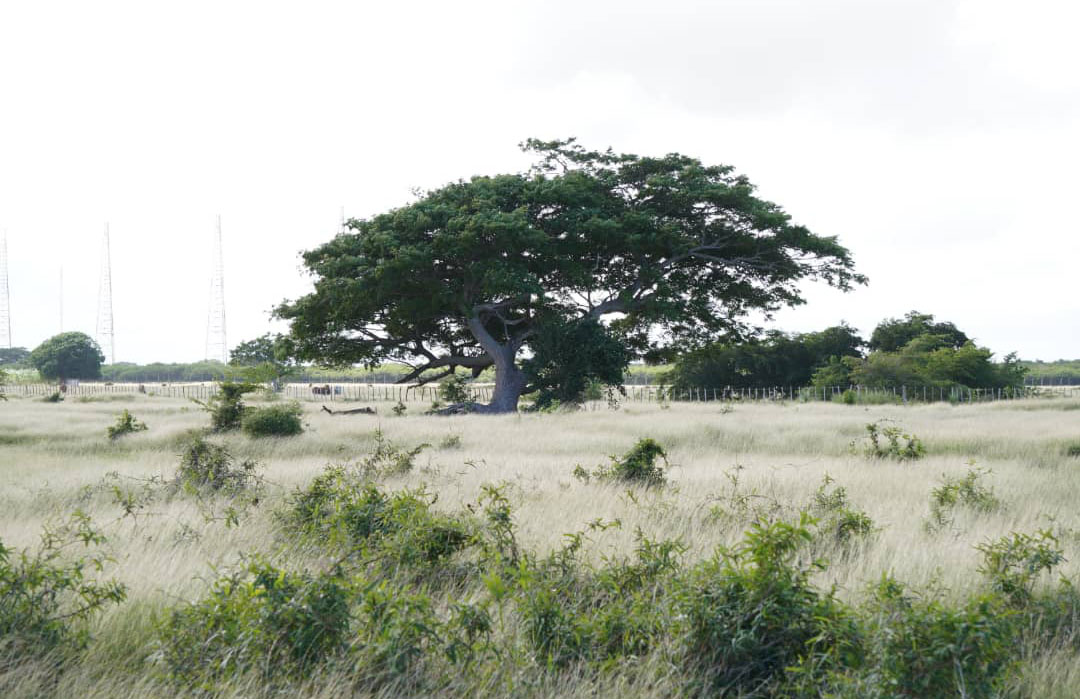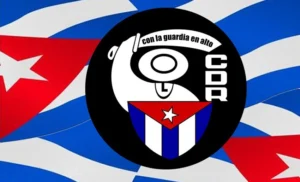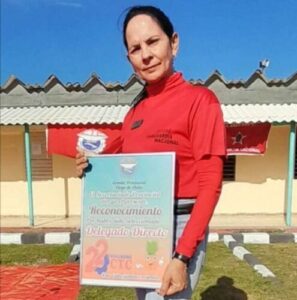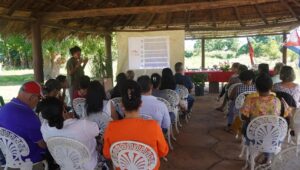The extension of the water distribution cycles to nine days is at the centre of debates and generates insecurities among the inhabitants of the city of Ciego de Avila, especially because the new measure – called badly needed, to put it in good Cuban language – restricts regular access.
This contingency action contemplates an attempt to distribute the vital liquid equitably in the midst of a crisis that threatens to prolong and worsen as the years go by, and causes alterations in the dynamics of household spaces and in economic and social entities.
It was predictable and inevitable. Last December, speaking to the Cuban News Agency, Rafael González-Abreu Fernández, chief technical advisor to the Empresa de Aprovechamiento Hidráulico (Eahca), warned of the difficult situation in the Ruspoli water supply.
This underground reservoir is one of the main ones in the territory, from which water is usually supplied to thousands of inhabitants of the main town.
The well, located in the highest area of Sector 5 – which is very vulnerable to drought – has been showing a drop in levels since 2020, «what we call a negative balance between the water entering and leaving the aquifer», the specialist argued.
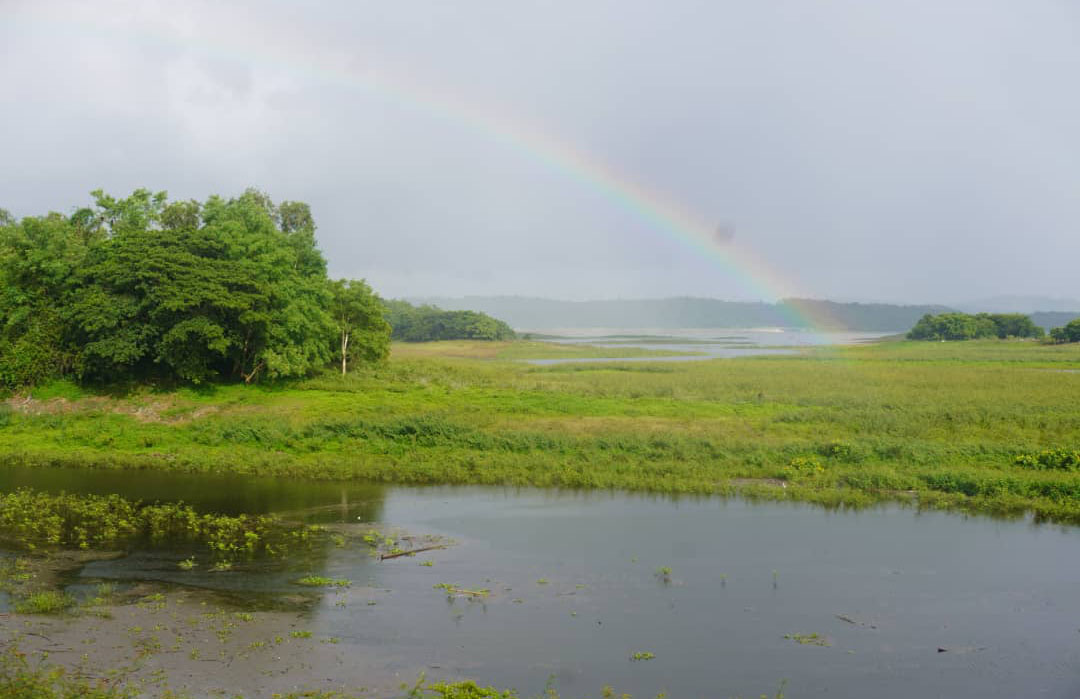
Through the international Euroclima Plus project, monitoring in this area was strengthened in 2023 with the installation of an automatic hydrological station that allows for continuous and accurate measurements and data, from which the steady decline has been corroborated.
Initially it was associated with the high levels of extraction in the area, however, subsequent studies indicated that the fundamental cause lies in the deficit of rainfall, nevertheless, the use of this natural resource was restricted for the users of this area and its surroundings.
Since the end of 2024, the Ruspoli supply source was below the critical level, which in hydrological terms means that water is consumed from the static reserves, circumstances that triggered joint decisions between the Government, the Provincial Directorate of Water Resources and Eahca.
In this context, it was decided to reduce the abstractions from the referred well by keeping it as a source of supply only for the villages on the route to the provincial capital and the latter is supplied from the South Basin, taking into account that there is an infrastructure created for that purpose since previous dry periods in which Ruspoli was also depressed.
In 2017, when the alarms in Ciego de Ávila were also activated due to the scarcity of rainfall and the drop in water levels in the aquifers, conditions were created in the province to supply the provincial capital city from the southern zone.
González-Abreu Fernández, in an attempt to simplify the explanation of this engineering work to alleviate the effects of the drought, explained that it is a pipeline that leaves from the Tanque Apoyado Sur and circles the city until it connects with the pipeline coming from Ruspoli in the northern part of the territory.
This requires a whole strategy, as it consists of pumping a certain volume of water to the South Support Tank to ensure its availability, in order to comply with the regulated supply cycles.
The current hydrological situation is also causing changes in the food production areas that are supplied by the Ruspoli well, where risk reduction and adaptation actions include the development of crops that require little water, such as cassava and mango.
This is not surprising nowadays, as Eahca experts have been working with government agencies and farmers over the last few years to promote adaptability and raise awareness of solutions to prolonged dry periods.
All these measures for producers and companies are established without renouncing the production of food in quantities that contribute to satisfying the demands of the population and the economy.
Although the international Euroclima project also carried out interventions in this rural community to raise awareness among its inhabitants of the need to make rational use of water, an extremely important task that should be strengthened and extended to other places.
The environmental education work focuses on children because of their ability to learn, understand and transmit messages in favour of the protection of a vital natural resource.
It is fundamental to increase the perception of rainfall, because sometimes people believe that it is raining a lot and that it is helping to mitigate the drought, but it is not raining in the places that make it possible to feed the aquifers, explained Rafael.
A study of rainfall from 2020 to the present (the period in which the aquifer could be recharged) indicated that out of 30 months considered rainy, 24 months of rainfall were below the historical average, which has aggravated the situation at the source of Ruspoli.
In the northern part of the province of Avila, 11 automatic level and rainfall recorders or sensors, provided by international collaboration projects such as Coastal Resilience and Euroclima Plus, enable strict control of rainfall and water storage in aquifers and reservoirs.
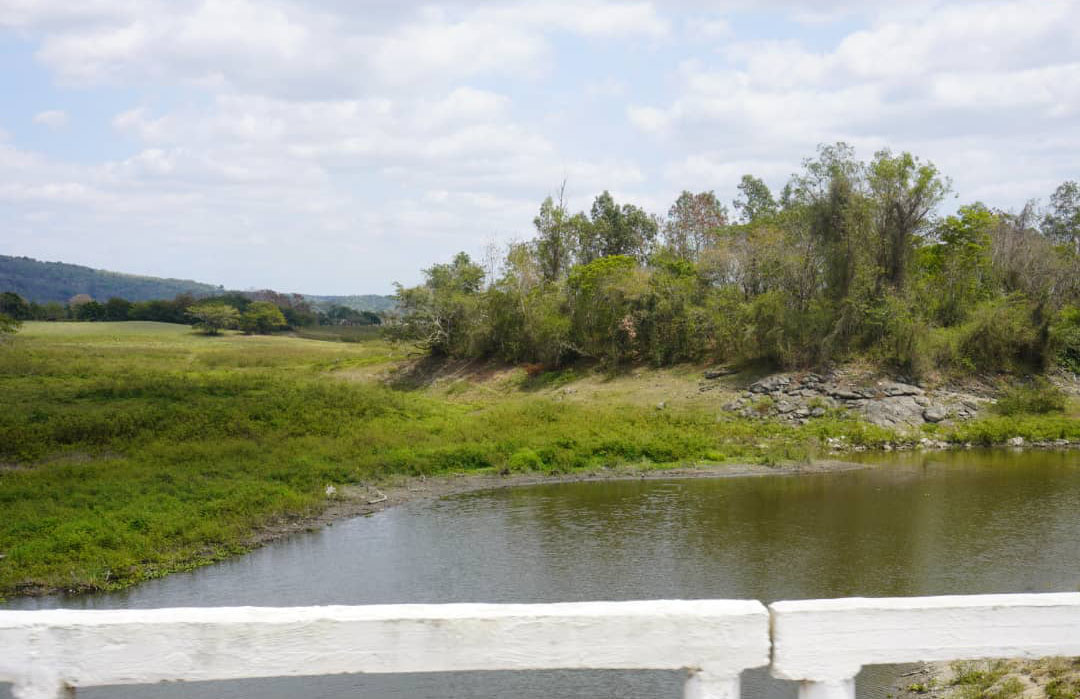
With this technology in place, decision-making is facilitated in order to deal with complex situations such as the current one.
Ruspoli has one of these measuring instruments at its disposal, which makes it possible to take measures on a daily basis, in order to meet the liquid demand in the residential and business sectors.
An area of economic interest such as the one in which the Empresa Agropecuaria La Cuba is located also has two of these devices for hydrological monitoring, thus facilitating the planning and reorganisation of food production plans.
In difficult times, water is a matter of public concern, but also of concern for managers and specialists committed to ensuring access to a vital resource which, worldwide, is showing signs of depletion, so saving it is increasingly urgent (Román Romero López, ACN).

